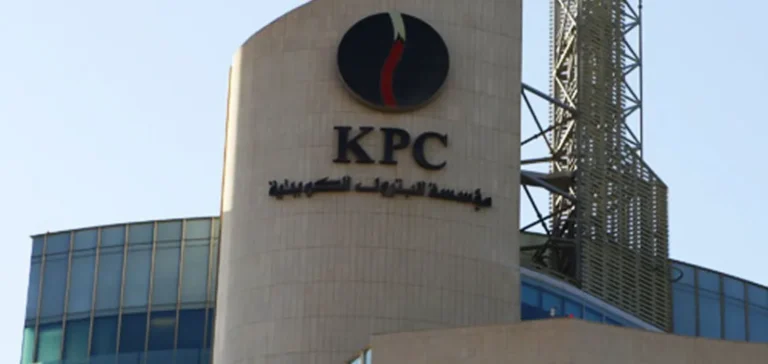Kuwait Petroleum Corporation (KPC) has announced a significant reduction in its tenders, now focusing its priorities on projects with high sustainability and development potential. This move aims to streamline spending and minimize waste within its subsidiaries, in order to maximize future profits for the country’s oil companies. Sources close to the matter have clarified that this decision is part of a broader effort to enhance efficiency and profitability in the Kuwaiti oil sector.
Encouraging private sector involvement
KPC has also requested its subsidiaries to submit proposals and studies aimed at fostering private sector involvement, in line with the objectives of the 2040 strategy. This approach highlights the importance of collaboration between public and private companies, particularly in areas such as exploration, production, marketing, refining, transportation, and the provision of necessary materials for the oil industry.
Expansion of the petrochemical industry
The petrochemical sector is also at the heart of KPC’s strategy, as recently indicated by the company’s Chief Executive Officer (CEO), Sheikh Nawaf Al-Saud Al-Sabah. He emphasized the expansion of this industry both domestically and internationally, in order to diversify KPC’s and its subsidiaries’ revenue streams. The growing global demand for petrochemical products is seen as a strategic lever to increase returns.
Investments and strategic partnerships
In this context, KPC has facilitated the entry of the private sector into the petrochemical field, highlighting existing partnerships with local and international companies. A notable example is the recent acquisition by Kuwait Petrochemical Industries Company of a 25% stake in the Chinese Wanhua Chemical Group, operating in the Yintai region of China. This partnership aims to ensure a stable supply of Kuwaiti feedstock to Wanhua’s projects, thus guaranteeing long-term profitable returns.
KPC also holds significant stakes in several local and international petrochemical companies, further strengthening its position in the market. These investments include stakes in companies such as Kuwait Paraxylene Production Company, Kuwait Styrene Company, and Equate Petrochemical Company, as well as several international projects in Asia.






















